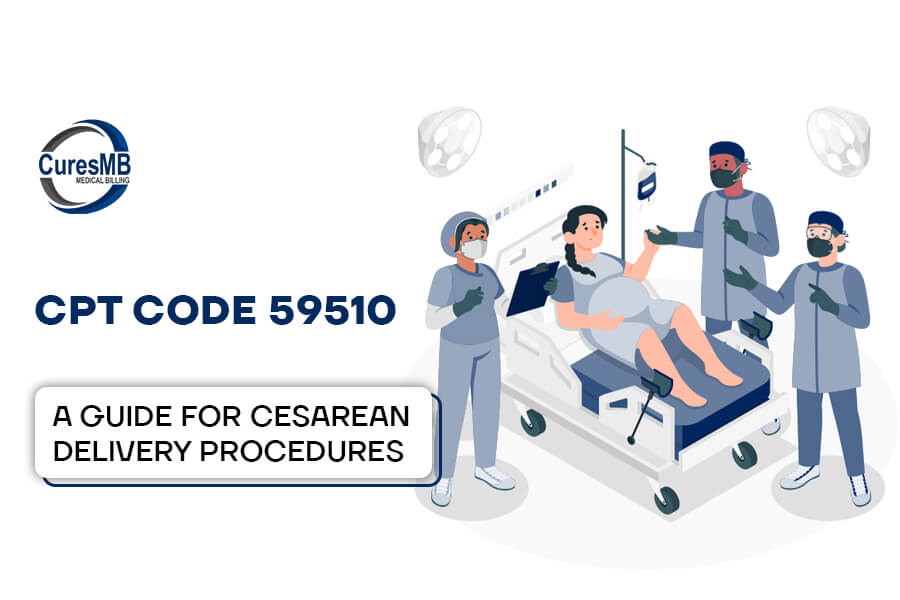
Medical credentialing is an important procedure in the medical field that ensures professionals, such as physicians and other healthcare providers, satisfy specified requirements and qualifications to offer quality care to patients. The credentialing process involves validating healthcare professionals’ credentials, qualifications, and work history to check their ability and eligibility to practice.
In healthcare, there are many kinds of credentialing processes, including initial credentialing, re-credentialing, and targeted credentials. When a new provider joins a healthcare organization, initial credentialing is completed, and existing providers’ credentials are renewed on a regular basis. If there are specific questions about a provider’s skills or conduct, focused credentialing may be used.
The Council for Afforadable Quality Healthcare (CAQH) is a non-profit collaboration of health plans and trade associations dedicated to simplifying the healthcare credentialing process by standardizing forms and data. CAQH speeds up the credentialing process, reduces administrative overhead, and ensures correct provider data across healthcare organizations.
Primary source verification is an essential part of the credentialing process because it validates information provided by the provider directly from the original source, such as medical schools, licensing boards, and recent employment. This verification ensures that healthcare companies have accurate and up-to-date provider data.
Physician credentialing involves evaluating a doctor’s qualifications, licenses, board certifications, employment history, and claims of malpractice to assess their ability to provide medical services. Board certification is an important aspect of medical credentialing because it demonstrates that a physician has achieved specified standards set by a professional body in their field.
Board certification shows a physician’s skills in a specific medical speciality and indicates that they have received additional training and passed examinations to attain this status. It instils patient trust in the physician’s ability and commitment to upholding high standards of treatment.
Physician credentialing can be a time-consuming process because it involves a thorough review of a doctor’s credentials, previous employment, and professional background. Healthcare organizations and insurance companies carefully review all documents of a physician’s qualifications to ensure patient safety and quality of care.
Insurance companies serve an important role in physician credentialing by reviewing and authorizing healthcare providers for inclusion in their networks. Participating in insurance networks allows physicians to be rewarded for medical services provided to insured patients, making insurance credentialing an important step for physicians.
Provider credentialing is the process of reviewing and verifying the qualifications, experience, and background of healthcare providers, such as physicians, nurse practitioners, and other providers. This is done to ensure that they meet the standards set by healthcare organizations and regulations.
Medical credentialing involves gathering and validating a variety of documents, including medical licenses, board certifications, educational qualifications, medical history, and job experience. This comprehensive review helps healthcare companies determine the skills and reliability of providers before granting them permission to practice.
Credentialing challenges in healthcare can arise when physicians provide inaccurate or insufficient information, resulting in delays in the credentialing process. It is crucial to address these challenges promptly in order to enhance credentialing and ensure that competent healthcare professionals can commence patient care without any delay.
Healthcare credentialing is the process of assessing and validating the qualifications of healthcare professionals in order to maintain practice standards, provide quality care, and comply with legal requirements. Credentialing is a continuous procedure that allows for the evaluation and monitoring of providers’ qualifications and skills.
Our goal is to streamline your healthcare revenue cycle management, give you the financial freedom your practice deserves, and take control with a partner specializing in provider RCM optimization and services excellence.

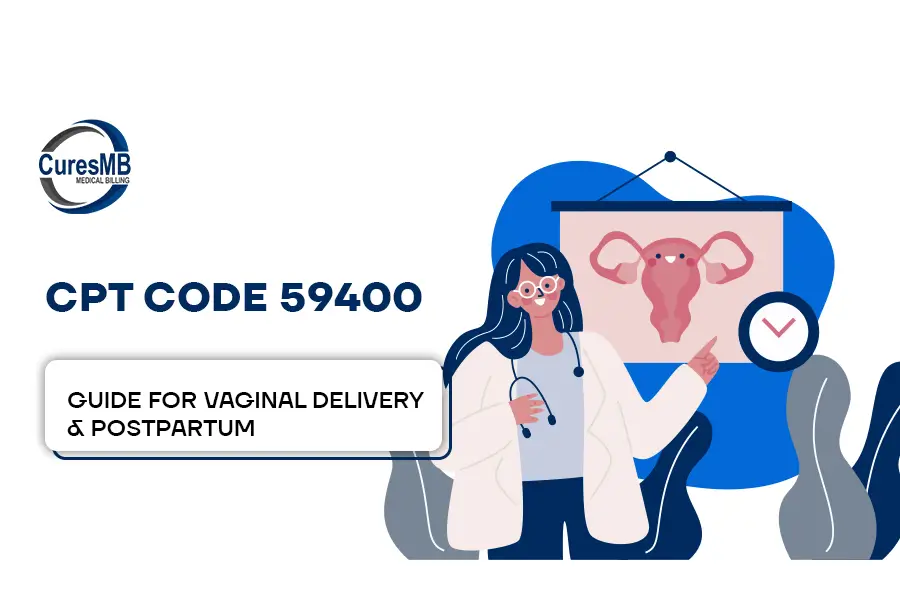
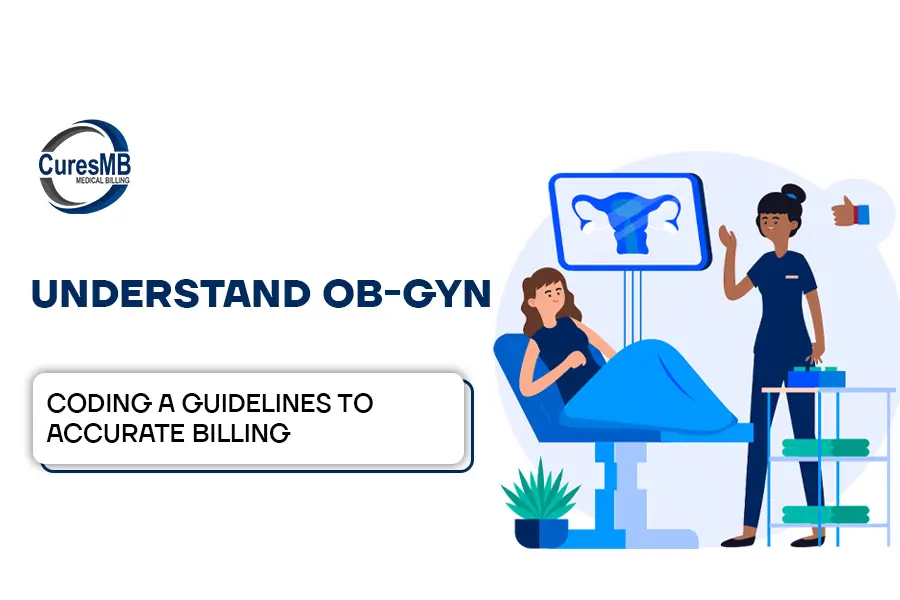
Access essential company data with a simple click through the 'Download Company Info' feature.
Rights and verification are important components of medical credentialing, as they involve checking a healthcare provider’s qualifications, employment history, and credentials before granting them the right to practice within a healthcare organization or facility. Verifying the aforementioned information ensures that only qualified practitioners can provide care for patients.
Work history verification plays an important role in credentialing because it validates a provider's career history, roles held, and relevant professional experience. By validating a provider's work history, healthcare organizations can analyze their knowledge, proficiency, and fitness for the positions they are applying for.
Credentialing with insurance companies is the process of presenting provider information, credentials, and other necessary documentation to insurance networks for approval. Getting approved with insurance companies allows providers to accept insurance plans, obtain credit for services provided, and grow their patient base.
Qualifications verification is an important stage in the credentialing process that ensures a healthcare provider has the necessary licenses, certificates, and educational qualifications to practice in their specialty. Verifying qualifications confirms to healthcare organizations and patients that professionals satisfy the required professional requirements.
Credentialing is important for maintaining the quality of patient care, reducing the risks of misconduct, and ensuring that healthcare providers adhere to regulatory standards when deliver services. Healthcare organizations, insurance companies, and regulatory authorities use the credentialing process to uphold professional standards and protect patient safety.
Credentialing allows for quality patient care by verifying that healthcare providers have the appropriate qualifications, abilities, and experience to offer safe and effective treatment. Patients can trust credentialed providers because they satisfy accepted standards of service.
Enrollment in Medicare and Medicaid requires providers to complete credentialing to verify that they fulfill program rules and regulations. Healthcare providers who complete the credentialing procedure can participate in government healthcare programs, grow their patient base, and receive payment for services provided to eligible patients.
Discover Cures Medical Billing Services Across Different States
FL
NY
ML
CO
NJ
AZ
TX
CA
WA
We are a team of national medical billing service experts based in Astoria, NY, committed to providing ongoing value to our customers. We leverage technology and implement best practices to provide high-quality and cost-efficient medical billing solutions from domestic locations, enabling customers to achieve their business goals. Cures Medical Billing is the best option for any medical billing needs.
Medical billing around Astoria, NY, and beyond is our core competency and our specialists will efficiently manage all your billing needs. Our medical billing specialists have over 12 Plus years of experience with all security technologies to ensure data integrity for our customers. Using our medical billing service, anyone can make their medical billing task less resource-consuming.
Health services billing effortlessly with Cures MB. Our skilled professionals are dedicated to ensuring financial success through transparent and secure practices. Trust Cures MB for precise and careful handling of all your billing needs.
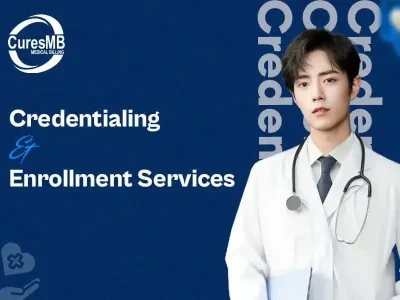
Cures Medical Billing play a crucial role in supporting healthcare providers by handling administrative tasks such as credentialing and enrollment. These…

Patient insurance eligibility verification is a fundamental step in ensuring a smooth and efficient revenue cycle for healthcare providers. Verifying insurance…
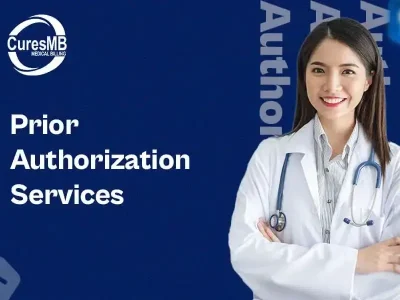
Prior-authorization process in healthcare is a crucial step to ensure that medical procedures are covered by a patient’s insurance. It involves…
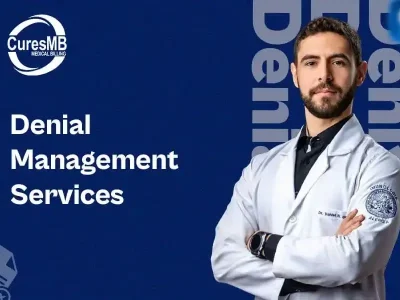
CuresMB ensures you can get professional denial management solutions suited to your region’s requirements. Regardless of the size of your healthcare…

our compelling accounts receivable solutions, you can streamline your billing and collections procedures. Our staff uses cutting-edge methods and technology to…

Cures Medical Billing provides all-inclusive patient billing and revenue cycle management services for healthcare facilities. Cures Medical Billing service aims to…
Discover unparalleled efficiency and precision in healthcare financial management with Cures Medical Billing Solutions.



This site uses cookies in order to give you the best experience. We and our third-party partners may use cookies and similar technologies, for example, to analyze usage and optimize our sites and services, personalize content, tailor and measure our marketing, and keep the site secure. Please visit our privacy policy for more information.